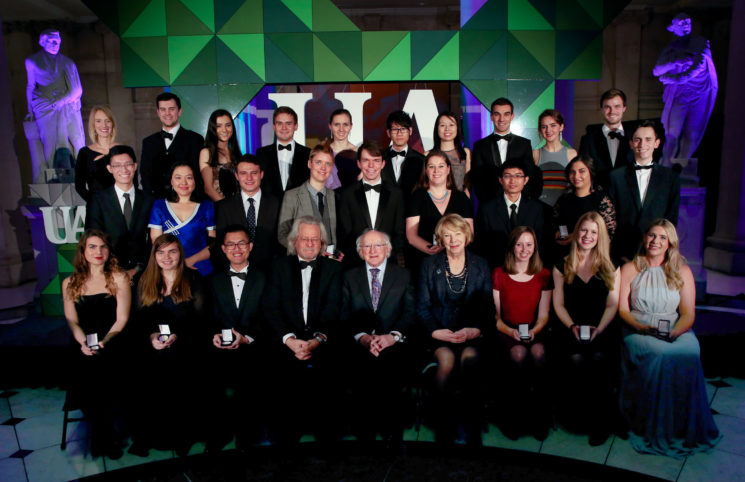2016 Undergraduate Awards
Document Type
Article
Publication Date
2016
Abstract
This paper explores Christopher Marlowe’s representation of individualism and his criticism of spiritual authority in Elizabethan England as presented in Doctor Faustus. Current Marlovian scholarship focuses on the question of how Marlowe’s consideration of the pressing doctrinal questions of his day were used to advance the narrative of Doctor Faustus. The goal of this paper, however, is to demonstrate that Doctor Faustus is first and foremost a subversive commentary on the religious climate of Marlowe’s day. This analysis of Marlowe’s attitude regarding the religious authorities—both doctrinal and institutional—of this period was accomplished by examining the representation of religious beliefs in Doctor Faustus within the historical context of Late Elizabethan England. In addition to this, the arguments of this paper were informed by an analysis of the popular religious beliefs of the period, and how these were influenced by the socio-political climate of England. While many scholars argue that Marlowe’s negative portrayal of theology in this play is the result of his alleged atheism, this paper argues that Marlowe’s dissatisfaction with the religious authorities of Elizabethan England, specifically, prompted his negative representation of religious doctrine as a whole. Further, as a product of his dissatisfaction with the religious climate of the time, Marlowe uses Faustus’ crisis to challenge the notion of individual spiritual agency as a component of his commentary on religious beliefs. This approach to the text of Doctor Faustus presents the play as the means through which Marlowe expressed his disillusionment with the religious climate of Late Elizabethan England.

Included in
Dramatic Literature, Criticism and Theory Commons, European History Commons, Literature in English, British Isles Commons




Notes
Image is in the public domain.